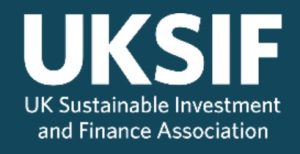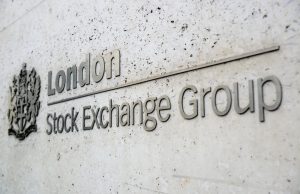Corporate Sustainable Due Diligence Directive
The European Union has adopted the Corporate Sustainability Due Diligence Directive (CSDDD), which requires companies to strengthen sustainable practices in the business sector and reduce the negative impact of their business activities on the environment and society.
The new directive will apply to European and non-European companies operating in the European Union. Currently, companies with a population of over 500 and a revenue of over 1.5 million euros will be included, and in the future, companies with a population of over 250 and a revenue of over 400000 euros will be included.
In terms of implementation, if the company does not comply with CSDDD, it may be required to withdraw the product and impose a fine of 5% of revenue. For non-EU companies, non-compliance with CSDDD may also result in a ban on participating in EU public procurement activities.
Introduction to Corporate Sustainable Due Diligence Directive
The Corporate Sustainable Due Diligence Directive (CSDDD) was proposed in February last year, aiming to call on companies to incorporate due diligence into their policies in order to identify potential negative impacts on the environment and society, and to avoid or reduce these impacts. The EU believes that the promotion of due diligence with legal significance can meet the expectations of positive externality.
The European Union has previously introduced the Non-Financial Reporting Directive (NFRD), aiming to reduce environmental and social risks in business activities. Subsequently, the Corporate Sustainability Reporting Directive (CSRD) replaced NFRD, expanding its scope to all listed companies and strengthening the standardization of information disclosure. The application of CSDDD provides a new policy direction for the EU in terms of corporate governance.
Related Post: ESMA, EBA and EIOPA Issues Opinions on Sustainability Reporting Standards

Contents of Corporate Sustainable Due Diligence Directive
CSDDD requires companies to fulfill the following obligations in due diligence:
- Incorporate due diligence into company policies and conduct appropriate risk management.
- Analyze the company’s business activities to determine actual and potential negative impacts.
- Take measures to reduce negative impacts.
- Establish and maintain supervisory procedures.
- Monitor the effectiveness of due diligence measures.
- Disclose the due diligence conducted by the company.
- Develop a climate transition plan that complies with the Paris Agreement.
Compared with the previously launched Corporate Sustainability Reporting Directive (CSRD), CSDDD has the following characteristics:
- Chain of activities instead of value chain: CSRD uses the expression of value chain to connect entities related to the company’s value creation. CSDDD replaces the value chain with an activity chain, which has a clearer meaning and involves all relevant entities upstream and downstream of the company.
- Risk based measurement: CSRD requires companies to provide explanations for sustainable actions from the perspective of information disclosure, while CSDDD measures the negative impacts generated by companies from a risk perspective. CSDDD requires companies to prioritize those with a highly likelihood to happen and prioritize addressing these issues.
- New climate transition plan: Although CSRD mentions measures to address climate change, it does not require companies to develop a climate transition plan. CSDDD requires companies to develop a climate transition plan, control the warming target at 1.5 degrees Celsius, and disclose emission data for Scope 1 2 3. Meanwhile, for companies with more than 1000 employees, the compensation of the board of directors needs to be linked to the climate goals. The inclusion of CSDDD in the climate transition plan has played an essential role in supplementing CSRD.
After the EU passes CSDDD, member states need to have more detailed discussions on the implementation of rules. For example, there is disagreement among member countries on whether the financial industry needs to meet CSDDD. The EU believes that asset management companies and financial service providers also need to meet the requirements of CSDDD, but these decision-making powers are determined by each member state. It is estimated that CSDDD will be applied as early as 2025.
Reference:
MEPs Push Companies to Mitigate Their Negative Social and Environmental Impact





